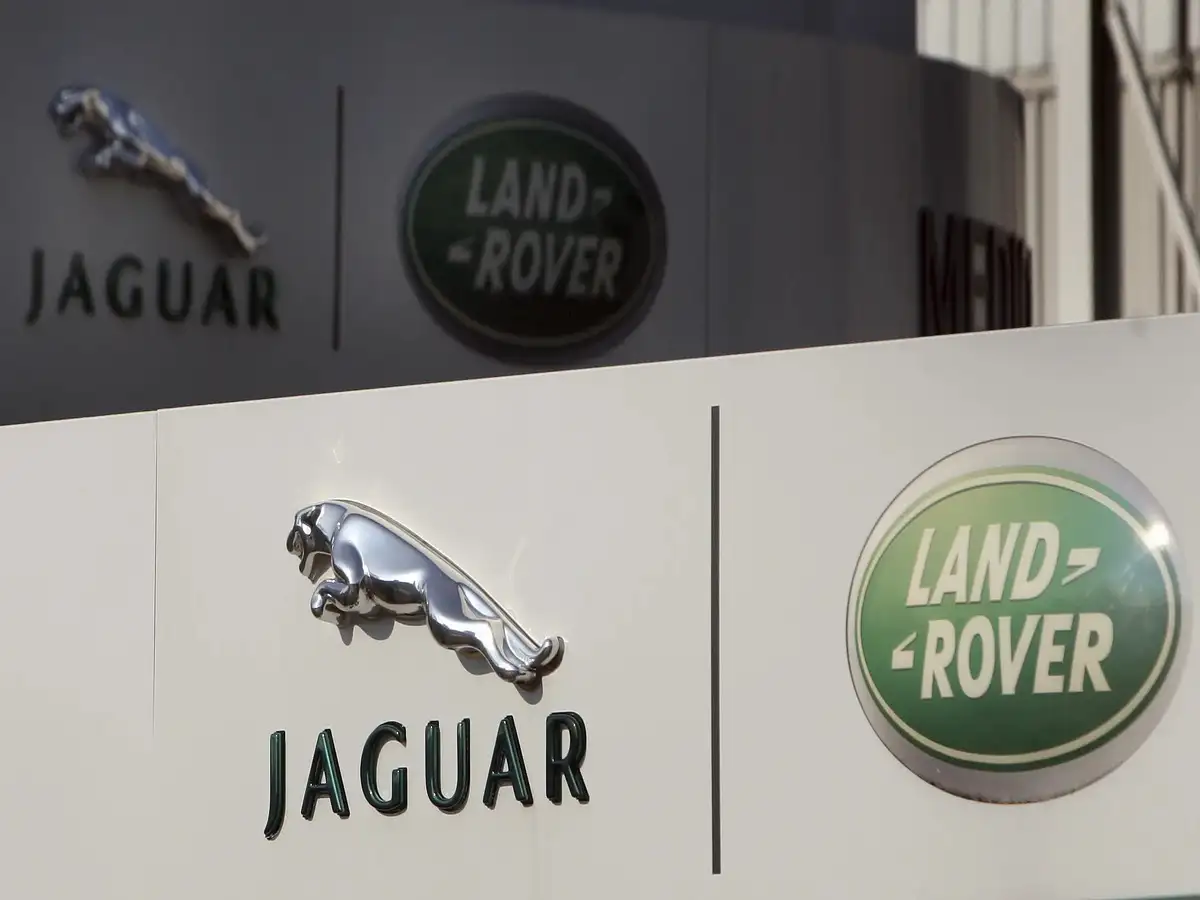September 29, 2025
The UK manufacturing sector faced disruption after Jaguar Land Rover suffered a major cyber-attack, raising concerns over cybersecurity in key industries.

The UK manufacturing sector, already facing multiple pressures from inflation, global supply chain disruptions, and labor shortages, has been hit by another blow — a cyber-attack targeting Jaguar Land Rover (JLR). The incident has disrupted operations, sparking renewed concerns about the vulnerability of Britain’s industrial and automotive sectors to increasingly sophisticated cyberthreats.
According to The Guardian, the cyber-attack caused significant disruptions to JLR’s digital systems, forcing temporary shutdowns in some production units. The automotive giant, which is a cornerstone of UK manufacturing and a globally recognized brand, faced challenges in restoring critical IT infrastructure that supports manufacturing lines, logistics, and supplier coordination.
The incident underscores the rising threat of cybercrime against essential industries. Cybersecurity experts noted that manufacturing companies are prime targets for hackers because of their reliance on complex supply chains and the integration of advanced technologies such as robotics, AI-driven production tools, and Internet of Things (IoT) devices. A successful breach can halt production, compromise data, and cause financial losses running into millions.
Industry analysts emphasized that the timing of the attack could not be worse for JLR and the UK manufacturing sector as a whole. With the economy navigating post-Brexit trade adjustments and the lingering effects of the COVID-19 pandemic, manufacturers are under pressure to boost exports and maintain supply reliability. A cyber-attack of this magnitude highlights systemic vulnerabilities that, if left unaddressed, could erode confidence in UK industries.
Jaguar Land Rover confirmed that investigations were underway, with IT teams working alongside cybersecurity specialists and government agencies to identify the source of the breach. Although no specific hacking group has yet claimed responsibility, the attack bears similarities to ransomware incidents that have plagued global corporations in recent years. Such attacks often aim to lock down systems until a ransom is paid, though some also involve theft of intellectual property and sensitive data.
The disruption extended beyond JLR itself, affecting suppliers and contractors in the broader UK automotive ecosystem. Smaller firms dependent on JLR orders reported delays and uncertainty, adding strain to an already fragile supply chain. Economists warned that if disruptions continue, the impact could ripple across the manufacturing sector, potentially weighing on GDP growth forecasts.
In Parliament, lawmakers raised urgent questions about the state of the UK’s cybersecurity readiness. Opposition members pressed the government to increase funding for cyber defense in critical industries, while business groups called for stronger collaboration between private companies and national security agencies. The Confederation of British Industry (CBI) urged manufacturers to prioritize cybersecurity investments as essential rather than optional.
This case also serves as a reminder of the strategic importance of cybersecurity in the era of Industry 4.0. As more manufacturers embrace automation, cloud technologies, and interconnected digital systems, their exposure to cyberthreats grows exponentially. Experts warn that without robust defense systems, companies risk not only operational shutdowns but also reputational damage and loss of customer trust.
For Jaguar Land Rover, the immediate focus remains on restoring operations and ensuring that customer services remain unaffected. However, analysts believe the long-term implications could include accelerated investment in cybersecurity measures, restructured digital infrastructures, and possible regulatory shifts to mandate higher security standards across manufacturing sectors.
As the investigation continues, the incident is already reshaping conversations around the future of UK manufacturing. The attack highlights the delicate balance between innovation and vulnerability in modern industries and serves as a wake-up call that cyber resilience must become a central pillar of industrial strategy.